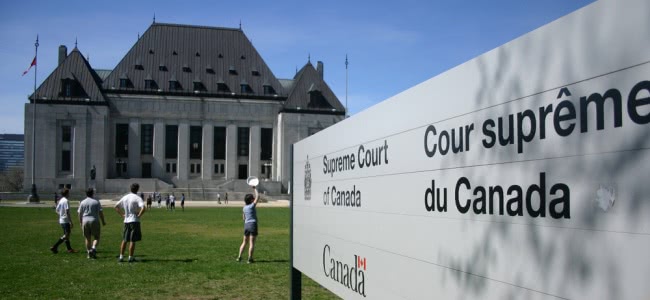Following recent rulings the US High Court refusing to reduce a student’s $US 675,000 fine for illegally downloading 30 songs, to Japan’s laws changing to severely punish individuals who breach copyright infringement. A ruling by Canada’s Supreme Court today has struck a blow to the rights of recording artists in decisions that they are not entitled to royalties for music used in videogames or movie soundtracks that are purchased and downloaded over the internet.
CBC reports that after concluding hearings on five key copyright courses, the Supreme court stated that “communication” royalties of music contained in such media, would not be awarded to musicians or song publishers owing that reproduction royalties to the copyright owners are already paid upfront.
The Supreme Court’s ruling basically overturns a lower court decision that had allowed the Society of Composers, Authors and Music Publishers (SOCAN), which collects and distributes royalties, to collect tariffs for both downloading and music streaming for its members.
The court’s ruling is essentially that telecommunications companies that offer music services only have to pay a tariff for the reproduction of a song, not the method of delivery. The implication being that regardless of the music being bought, the method – whether in a ‘bricks and mortar’ shop, ordered online or downloaded digtally – the same copyright rules should apply. SOCAN isn’t allowed to collect separate royalties on video games or soundtracks that are bought in a physical retail outlet, so therefore isn’t entitled to one when a similar product is purchased digitally.
“There is no practical difference between buying a durable copy of the work in a store, receiving a copy in the mail, or downloading an identical copy using the Internet,” the court said, ruling that it wasn’t reasonable to distinguish between two methods of selling the same work. “The internet should be seen as a technological taxi that delivers a durable copy of the same work to the end user,” the court said.
SOCAN CEO Eric Baptiste was disappointed by the court’s ruling, “this is not the perfect decision that we were hoping for… the important thing to remember is that our members, the songwriters, the composers, the publishers, depend in large part on the royalties that SOCAN collects and distributes for their livelihoods and their revenues.”
Copyright lawyer David Donahue remarked to Reuters the rulings are “definitely good for internet service providers and bad for songwriters and owners of copyright.” Particularly considering the state of today’s music industry, where composers, lyricists, songwriters and publishers earn much of their livelihood from royalties and licensing fees.
The court maintained that SOCAN may continue to represent its members in collecting royalties on streamed music – from popular services such as Spotify, The newly Beats-owned MOG, Deezer, Rdio, JB HiFi Now et al. – constitutes a performance and therefore must continue to pay royalties. Baptiste remarked, “we believe that the right final decision has been made in the case of Internet streaming.”

































